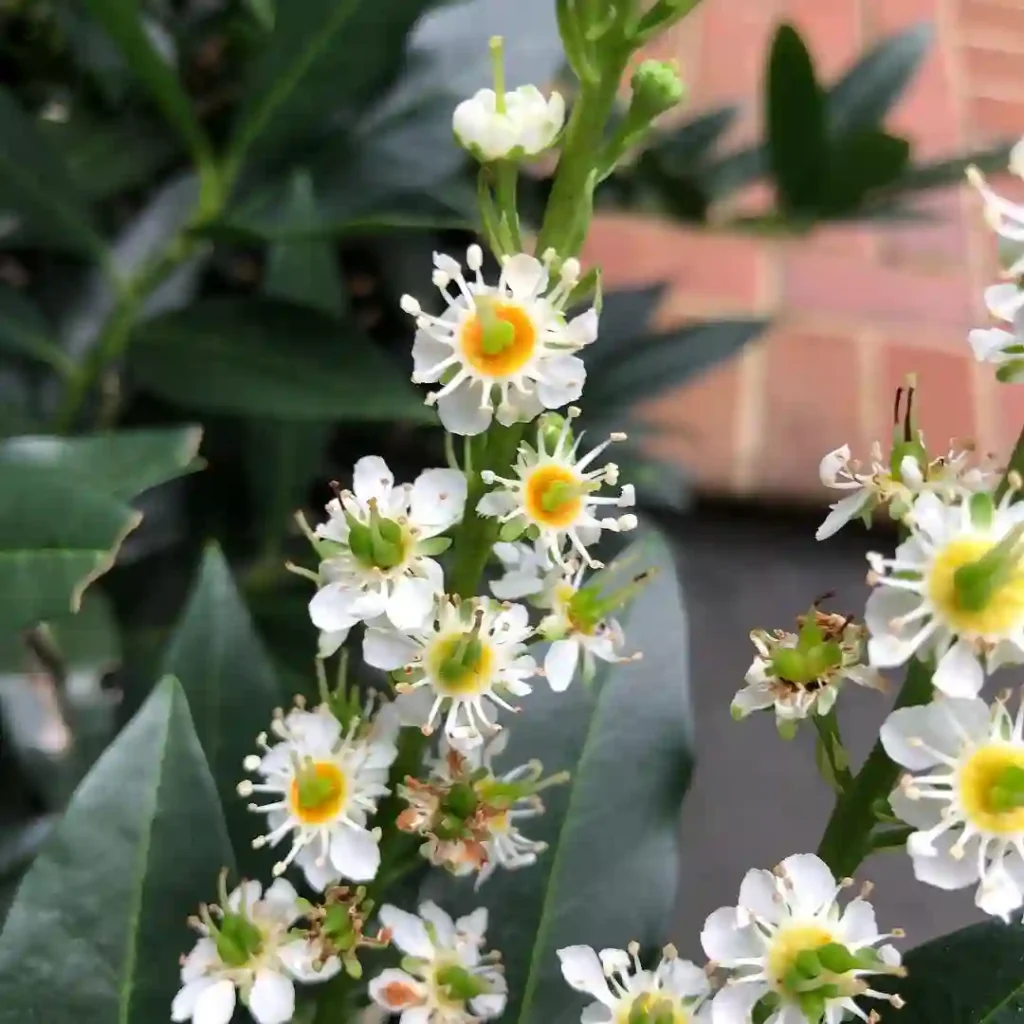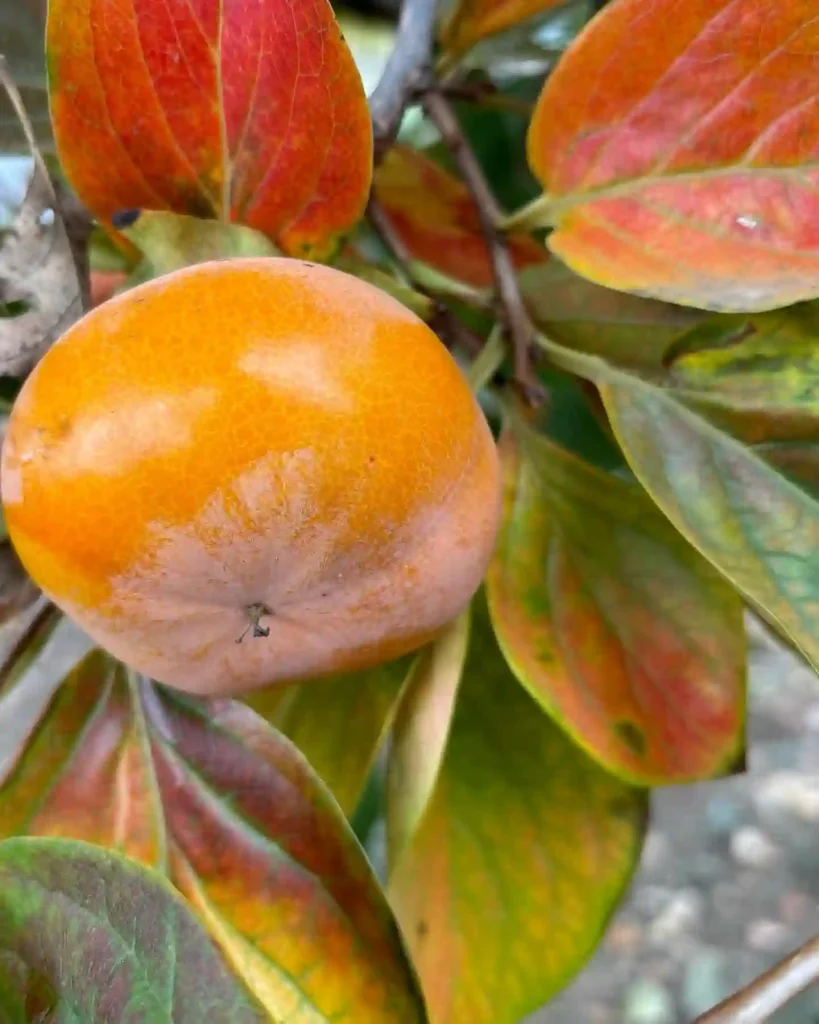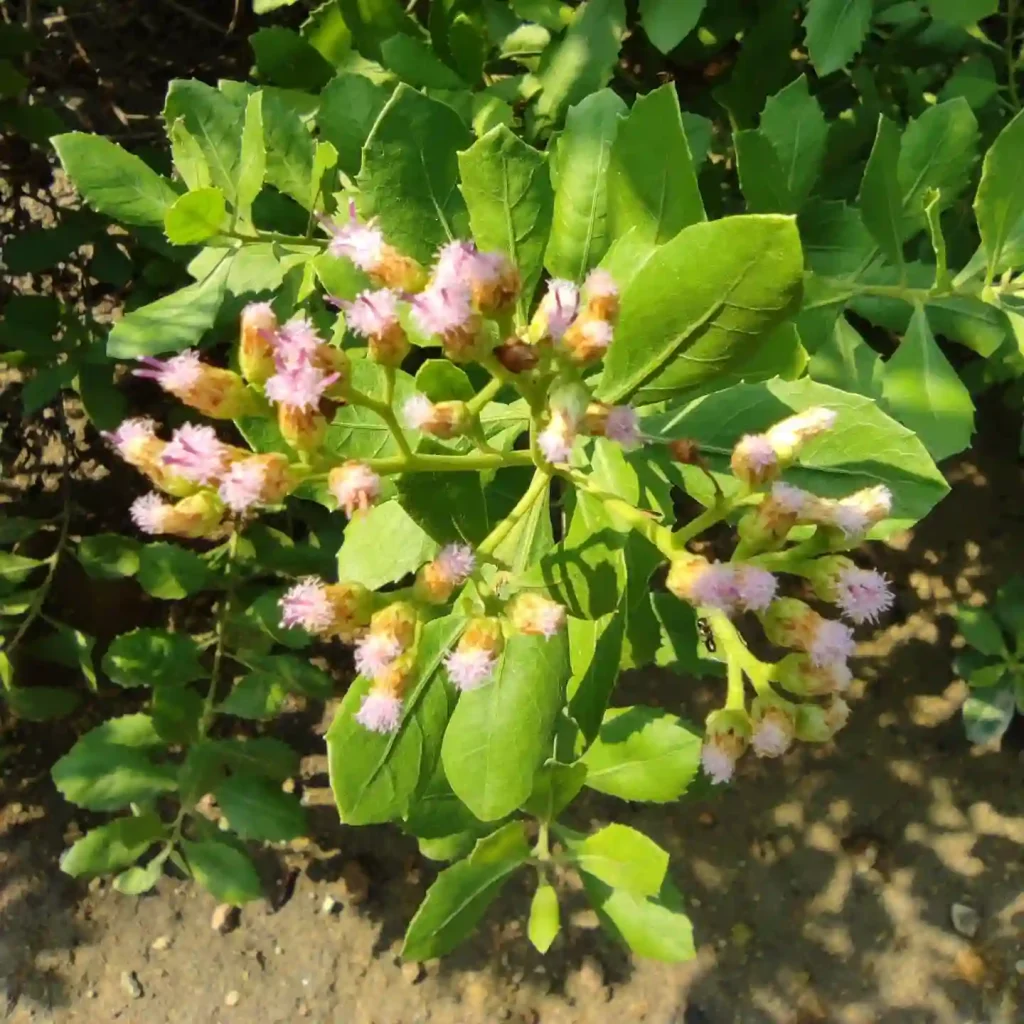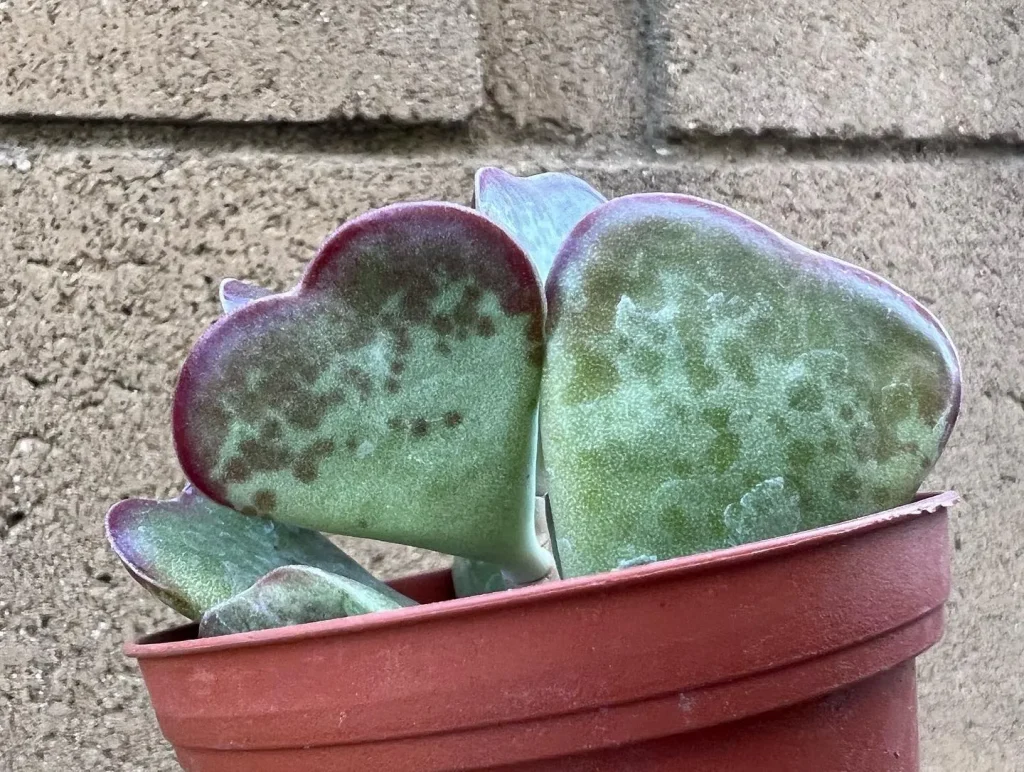A Fascination with Malpighiaceae
I’m Ferb Vu, and my love for the natural world knows no bounds. Today, I want to share my deep fascination with a captivating plant family, the Malpighiaceae. Often referred to as the Barbados cherry family, this group of flowering plants is as diverse as it is intriguing.
A Global Presence
The Malpighiaceae boast an impressive global presence, with a particular concentration in tropical and subtropical regions. Picture yourself trekking through the lush Amazon rainforest, the sun-drenched savannas of Africa, or the vibrant landscapes of Southeast Asia, and you’re likely to encounter members of this remarkable family.
Diversity in Abundance
The Malpighiaceae comprise a staggering array of plant forms, ranging from towering trees to sprawling shrubs, delicate vines, and even herbaceous perennials. This remarkable diversity in growth habits allows these plants to thrive in a wide range of habitats, from dense forests to open grasslands.
The Allure of Malpighiaceae Flowers
One of the most captivating features of Malpighiaceae plants is their exquisite flowers. These blooms often display vibrant colors, intricate patterns, and unique structures that have evolved to attract a variety of pollinators, including bees, butterflies, hummingbirds, and even bats.
A Symphony of Colors
The flowers of Malpighiaceae plants showcase a breathtaking palette of colors. Imagine fields ablaze with the fiery reds of Stigmaphyllon vines, the sunny yellows of Bunchosia shrubs, or the delicate pinks and purples of Galphimia flowers. The sheer diversity of colors within this family is a testament to their evolutionary success.
Genera of Malpighiaceae: A Glimpse into the Family
The Malpighiaceae are further divided into numerous genera, each with its own unique characteristics and charm. Let’s take a brief look at a few of the most notable genera within this fascinating family:
- Banisteriopsis: This genus includes the iconic Banisteriopsis caapi, a key ingredient in the traditional Amazonian brew known as ayahuasca.
- Byrsonima: The Byrsonima genus boasts several species with edible fruits, often referred to as “nance” or “golden spoon.”
- Heteropterys: This genus is known for its beautiful, often fragrant flowers and its diverse range of growth habits.
- Malpighia: The namesake genus of the family, Malpighia, includes the well-known Barbados cherry (Malpighia glabra), prized for its vitamin C-rich fruits.
- Stigmaphyllon: This genus is characterized by its vibrant, often yellow flowers and its climbing or twining growth habit.
- Acmanthera (Juss.) Griseb.
- Acridocarpus Guill., Perr. & A.Rich.
- Adelphia W.R.Anderson
- Alicia W.R.Anderson
- Amorimia W.R.Anderson
- Andersoniodoxa C.Davis & Amorim
- Aspicarpa Rich.
- Aspidopterys A.Juss. ex Endl.
- Barnebya W.R.Anderson & B.Gates
- Blepharandra Griseb.
- Brachylophon Oliv.
- Bronwenia W.R.Anderson & C.Davis
- Bunchosia Rich. ex Kunth
- Burdachia A.Juss. ex Endl.
- Calcicola W.R.Anderson & C.Davis
- Callaeum Small
- Camarea A.St.-Hil.
- Carolus W.R.Anderson
- Caucanthus Forssk.
- Christianella W.R.Anderson
- Coleostachys A.Juss.
- Cottsia Dubard & Dop
- Diacidia Griseb.
- Dicella Griseb.
- Digoniopterys Arènes
- Dinemagonum A.Juss.
- Dinemandra A.Juss. ex Endl.
- Diplopterys A.Juss.
- Echinopterys A.Juss.
- Ectopopterys W.R.Anderson
- Excentradenia W.R.Anderson
- Flabellaria Cav.
- Flabellariopsis R.Wilczek
- Galphimia Cav.
- Gaudichaudia Kunth
- Glandonia Griseb.
- Glicophyllum R.F.Almeida
- Heladena A.Juss.
- Hiptage Gaertn.
- Hiraea Jacq.
- Janusia A.Juss. ex Endl.
- Jubelina A.Juss.
- Lasiocarpus Liebm.
- Lophanthera A.Juss.
- Lophopterys A.Juss.
- Madagasikaria C.Davis
- Malpighiodes Nied.
- Mascagnia (Bertero ex DC.) Bertero
- Mcvaughia W.R.Anderson
- Mezia Schwacke ex Nied.
- Microsteira Baker
- Mionandra Griseb.
- Niedenzuella W.R.Anderson
- Peixotoa A.Juss.
- Philgamia Baill.
- Psychopterys W.R.Anderson & S.Corso
- Pterandra A.Juss.
- Ptilochaeta Turcz.
- Rhynchophora Arènes
- Schwannia Endl.
- Spachea A.Juss.
- Sphedamnocarpus Planch. ex Benth. & Hook.f.
- Tetrapterys Cav.
- Thryallis Mart. – Plant FAQs: Thryallis
- Triaspis Burch.
- Tricomaria Gillies ex Hook. & Arn.
- Tristellateia Thouars
- Verrucularina Rauschert
A World of Wonder
The Malpighiaceae are a testament to the boundless creativity and resilience of the natural world. They have evolved to thrive in a vast array of environments, captivating us with their beauty and diversity.
A Personal Connection
As I delve deeper into the world of Malpighiaceae, I’m constantly reminded of the interconnectedness of all living things. From the tiniest pollinators to the towering trees, each plays a vital role in the delicate balance of our planet’s ecosystems.
I hope that my passion for the Malpighiaceae has inspired you to explore the wonders of this remarkable plant family. Whether you’re a seasoned botanist or simply a lover of nature, there’s something truly special about these plants that will capture your heart and imagination.
If i die, water my plants!



